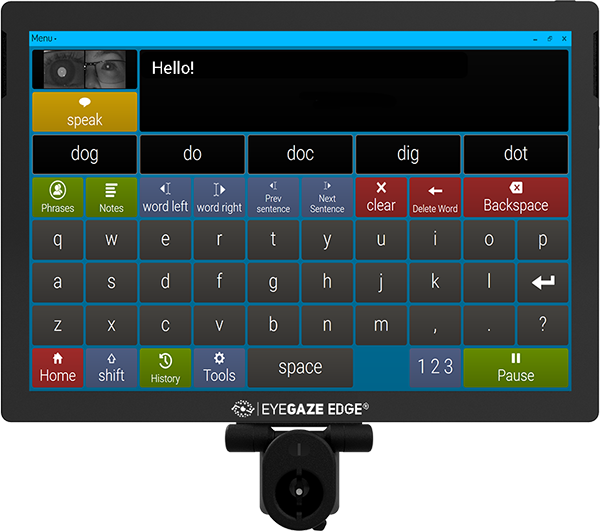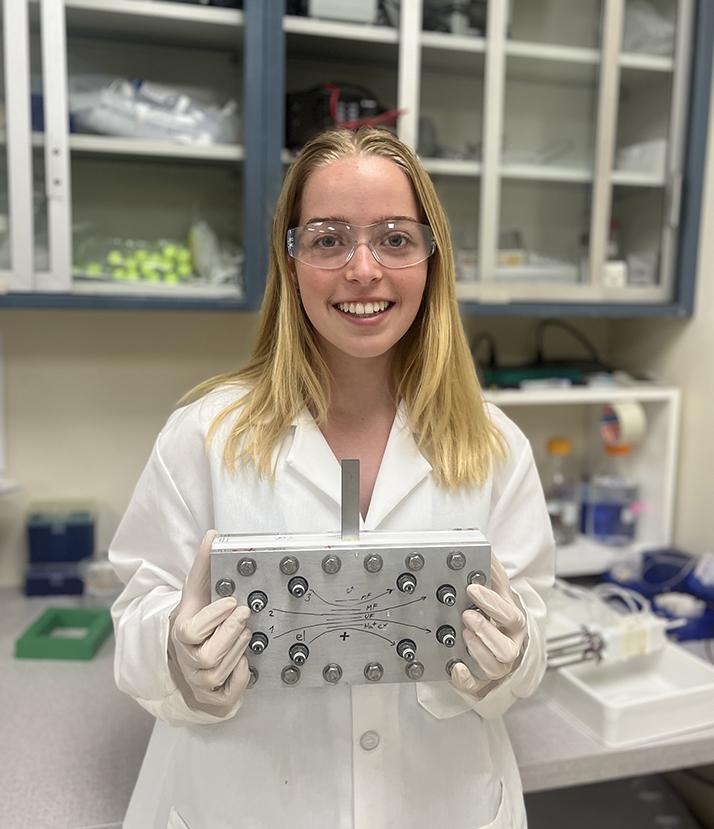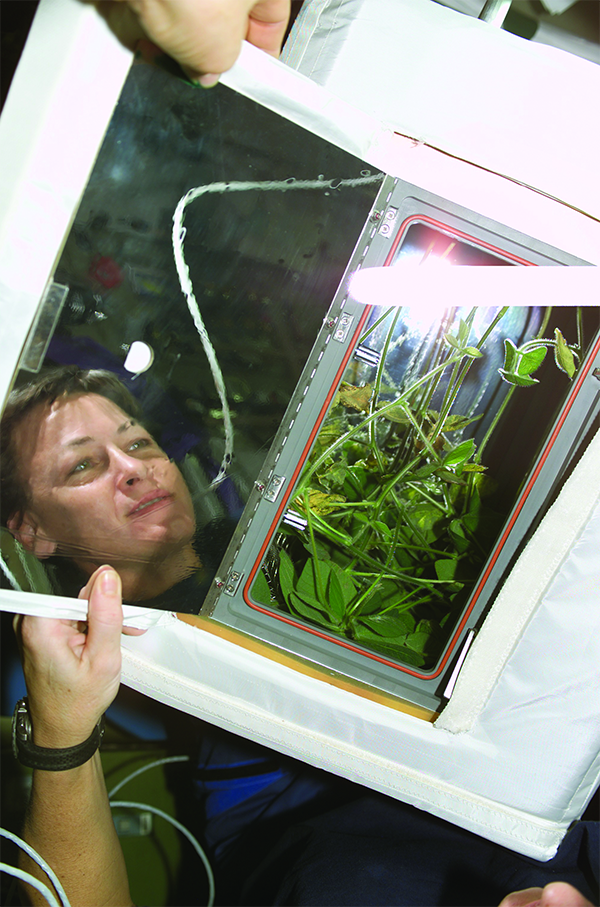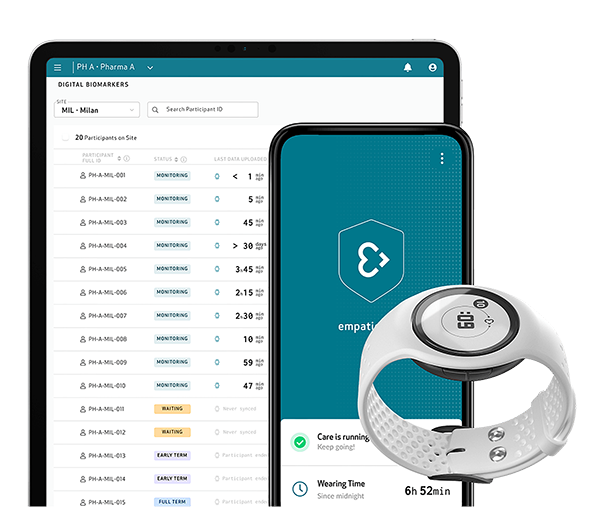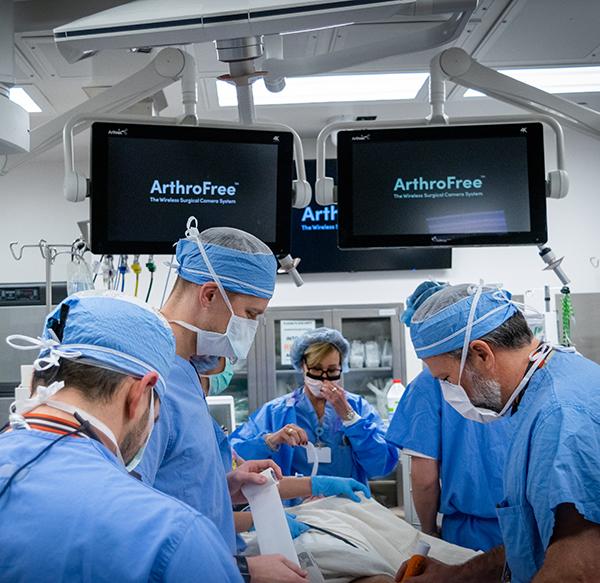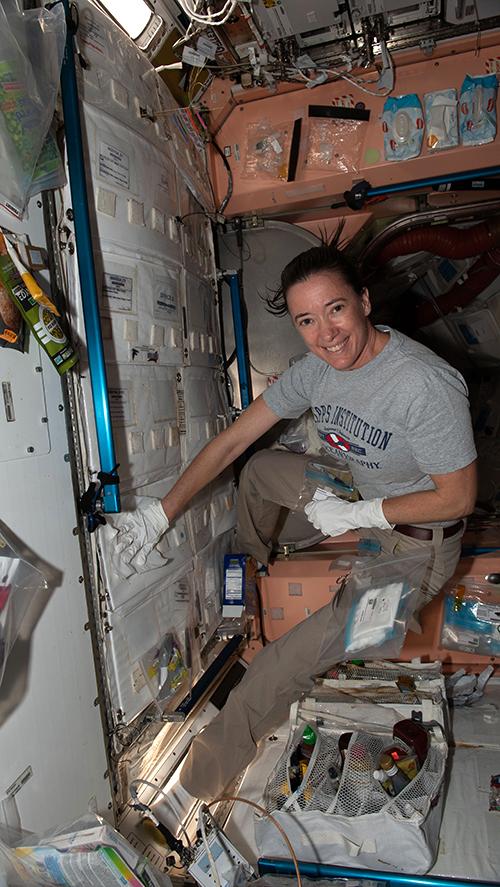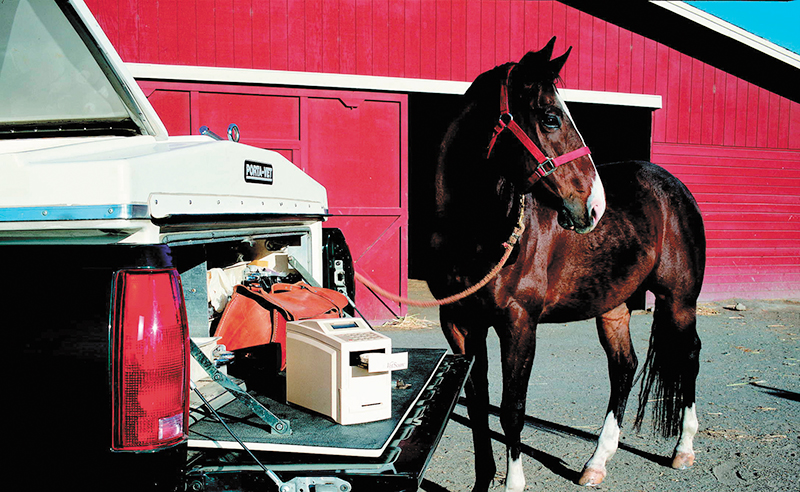
Express Testing Makes for More Effective Vet Visit
From "man's best friend" to the exotic mammals and reptiles that grace the grounds of a zoo, recent improvements in wellness and prevention care are leading to longer and healthier lives for animals, as well as fewer trips to the veterinary office.
The advent of in-office laboratory test systems has pet lovers and animal enthusiasts resting easy, knowing that they are now able to seek medical care and laboratory work, obtain results, and discuss treatment options for their animal companions all in just one 30-minute visit. Historically, veterinary practices would depend on the services of external reference laboratories to process diagnostic test results. With over 60,000 veterinarians representing more than 30,000 veterinary clinics in the United States alone, outsourcing laboratory specimens had a tendency to prolong the turnaround time for results, aggravating clients who are anxiously awaiting feedback from simple blood tests, or causing fear for others who are facing emergency situations with little time to spare.
Already a leading developer, manufacturer, and marketer of point-of-care blood analysis systems for use in human patient-care settings, Abaxis, Inc., of Union City, California, recognized a need for a similar system to address point-of-care diagnostics and other challenges confronting the veterinary market. In crossing over to animal care, Abaxis incorporated elements from its original human blood chemistry analysis system, conceived from NASA research dating back to the late 1970s.
NASA had set out to develop a biochemical analyzer for astronauts to accurately monitor their physiological functions during missions onboard the orbiting Skylab II Space Station. Because of the remote confines of outer space, the analyzer had to be practical for space travel (existing mechanical blood analysis systems were far too large for spacecraft use and would not have functioned properly in microgravity). Something compact yet powerful, reliable, easy to use, transportable, and completely self-contained was the desired end result.
In conjunction with the Tennessee-based Oak Ridge National Laboratory, NASA created an analyzer based on the principals of centrifugal force. The resulting technology successfully achieved separation of human blood cells from plasma, giving NASA the capability to study in-flight samples to gauge astronauts' fluid and electrolyte balance, regulation of calcium metabolism, adrenal function, and carbohydrate, fat, and protein utilization, among other physiological tests. It was patented and exclusively licensed to Abaxis in 1989 for down-to-Earth applications in diagnostics.
Several years later, Abaxis opened the floodgates to new markets and increased revenue opportunities with the introduction of the VetScan® Chemistry Analyzer. According to Abaxis, the VetScan product is the first broad-menu clinical chemistry analyzer designed for point-of-care testing in any treatment setting, including mobile environments, where veterinarians can operate the analyzer from a car-lighter adapter.
VetScan provides veterinarians with the instant diagnostic information they need for rapid treatment decisions, while the patient is still present. Even more, the analyzer completely cuts out the need for follow-up calls and visits when results are not immediately available, and frees up staff for other clinical interventions. In situations where anesthesia and surgery are required, VetScan test results can provide evidence of pre-existing conditions that could possibly lead to anesthetic complications, thereby allowing the veterinarian to optimize conditions prior to performing an invasive procedure and increase the likelihood of a positive outcome.
The VetScan system consists of a 15-pound portable analyzer and pre-configured reagent, or "rotor," disks that enable veterinarians to obtain a clear, comprehensive picture of a patient's condition. The process begins by adding approximately 100 microliters—or about two drops—of whole blood, serum, or plasma to the reagent disk's central chamber (when whole blood is used, pre-analytical centrifugation and other time-consuming steps are eliminated). Considering the small size of many pets, the tiny sample required is a welcomed change for veterinarians and clients alike. The disk is then ready to be inserted into the reagent drawer, and with less than 2 minutes hands-on time, the VetScan analyzer does the rest.
When the disk is loaded into the analyzer, a series of spinning rotations forces the blood sample into a second chamber where cells separate from plasma. The rotation speed changes, drawing the plasma out into tiny compartments along the perimeter of the disk called cuvettes, which house different chemicals. As the chemicals interact with the plasma, reactions are translated into useful test results for veterinarians.
In less than 15 minutes, a complete profile of results is ready to be interpreted. The analyzer's built-in printer transmits easy-to-read results for immediate review and record-keeping. Accuracy is guaranteed through VetScan's "intelligent Quality Control" (iQC) process, which works nonstop during each run to monitor all aspects of testing, with hundreds of sophisticated automatic checks ranging from basic to complex.
Abaxis currently provides a full range of tests for almost every species normally treated by veterinarians, including cats, dogs, birds, reptiles, and large animals, such as those in the equine and bovine families. The launch of the Avian/Reptilian Profile rotor in June of 2002 has truly filled a market need. Veterinarians caring for birds and exotic animals struggle with the ability to collect an adequate blood sample for traditional biochemistry methods, the company asserts. Medical attention is critical in cases with these animals because they often do not demonstrate symptoms, and therefore, are not seen by a veterinarian until they are seriously ill.
"Every now and then a tool enters the veterinary profession that revolutionizes the way we practice," notes Don J. Harris, a highly revered doctor of veterinary medicine at the Avian & Exotic Animal Medical Center in Miami, Florida. "The Abaxis VetScan is such a tool, especially when dealing with small patients and critical situations, as we often do in exotic animal practice. This device, more than any other in a very long time, has significantly elevated our diagnostic ability."
The VetScan brand and Abaxis' growth in the veterinary market are largely accountable for the company's 400-percent revenue spike in only 6 years, from just over $7 million in 1997 to more than $35 million in fiscal year 2003. To date, the technology has been selected for use by nearly 4,000 veterinary hospitals offering in-clinic testing, and is distributed internationally through a European office and various arrangements in Europe, Asia, and Latin America.
VetScan® is a registered trademark of Abaxis, Inc.
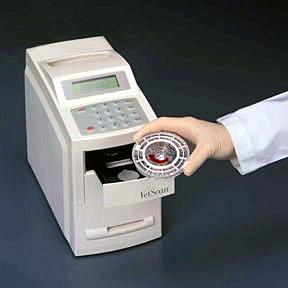
The VetScan® system consists of a 15-pound portable analyzer and pre-configured reagent, or “rotor,” disks that enable veterinarians to obtain a clear, comprehensive picture of a patient’s condition.

VetScan® is designed for point-of-care testing in any treatment setting, including mobile environments, where veterinarians can operate the analyzer from a car-lighter adapter. A full range of tests is available for almost every species normally treated by veterinarians, including cats, dogs, birds, reptiles, and large animals, such as those in the equine and bovine families.







